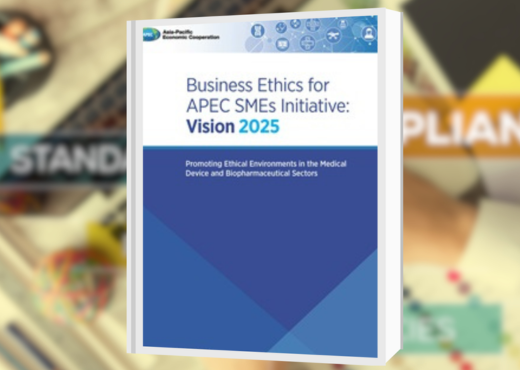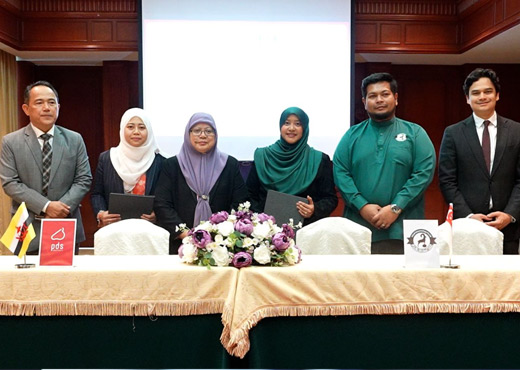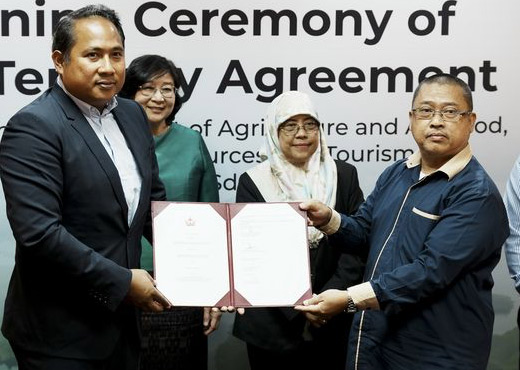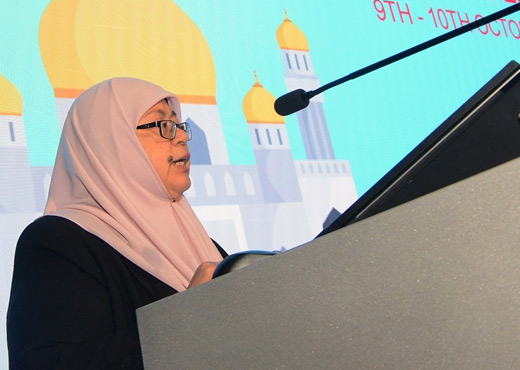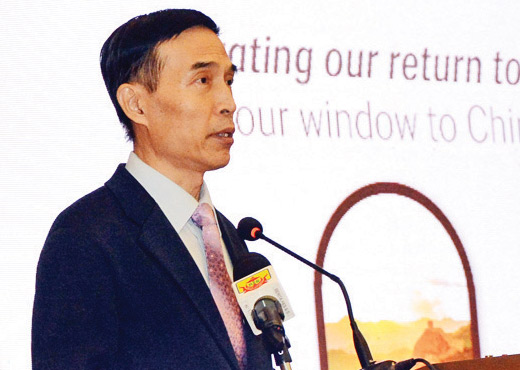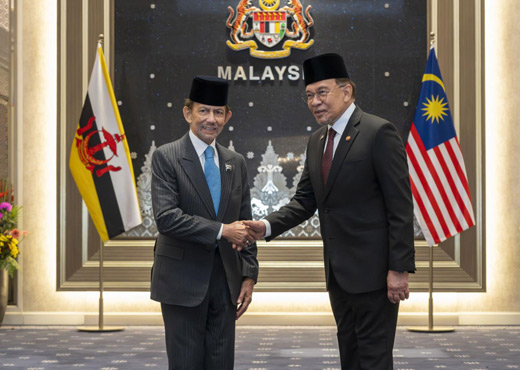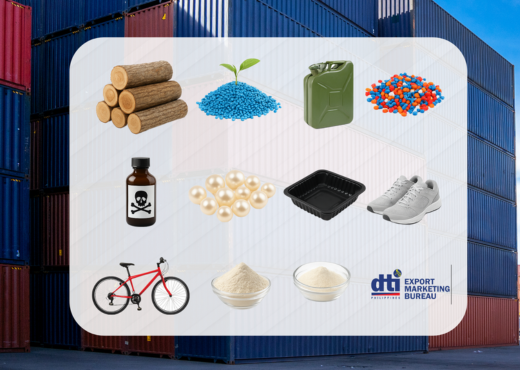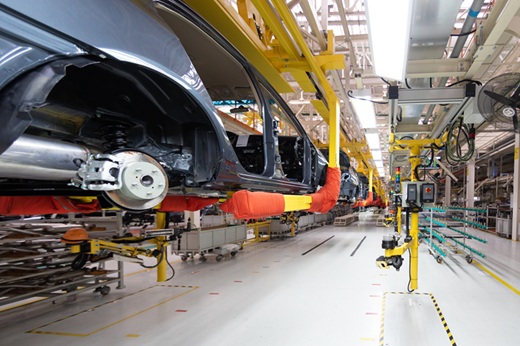PDS Abattoir has signed a Memorandum of Understanding (MoU) with Singapore’s Aliyah Rizq Holdings to pilot the sole commercial cattle breeding programme in Brunei, as part of a wider livestock breeding initiative that also includes sheep and buffalo.
The cattle breeding pilot will begin with a trial involving the import of ten parent stock as a proof of concept. This will evaluate breeding success rates, operational challenges, and the overall feasibility for commercial expansion, which would require substantial investment.
Implementing a local breeding programme marks another significant expansion PDS Abbatoir – which became a wholly government-owned company in 2021 – and has traditionally been focused on importing livestock for slaughter and meat processing.
During the COVID-19 pandemic, PDS expanded its value chain to include feedlotting – the process of importing young livestock to be raised and fattened to commercial size before slaughter. The new breeding programme takes this a step further, aiming to establish a complete livestock ecosystem within Brunei.
PDS General Manager Sabirin Othman explained on the sidelines of the MoU signing on September 1 that while Brunei has small-scale breeding of sheep and buffalo, there is currently no commercial-scale breeding of cattle.
He said partnering with Singapore’s Aliyah Rizq Holdings brings in a partner with proven breeding expertise and international experience. Established ten years ago, the company has since scaled to 60,000 livestock across seven countries through its cluster-based farming model.
Source: Borneo Bulletin
Read the full article here
Thailand’s Enserv Holding will launch Brunei’s first sorghum cultivation and processing initiative by year’s end, leveraging the crop’s versatility for applications in food, health and renewable energy.
Through its local arm Enserv BN, the company signed a tenancy agreement with the Department of Agriculture and Agrifood (DOAA) on September 4. It will establish a sorghum nursery at the Bio Innovation Corridor in Rimba and cultivate the crop at the nearby Agricultural Development Area (KKP) in Tungku, spanning a total of three hectares and supported by processing facilities for flour and biomass.
The initial sandbox phase will test the commercial feasibility of Enserv’s EMF3 platform (Food, Fuel, Fundamentals), which positions sorghum – a grain originating from Africa – as a “super crop” with potential for a value chain spanning food to renewable fuels. If successful, the project will advance to commercial-scale production.
Enserv Chairman Tanachat Pochana explained that the sorghum grain, which is gluten-free and rich in micronutrients, will be processed into resistant starch flour to produce EMF Rice, a low-calorie carbohydrate alternative suitable for diabetics and those managing their weight.
The stalks can be converted into solid biofuels such as biocrude oil and biocoal, while the sweet sap, traditionally used for molasses, can be fermented into bioethanol with further applications in biobased energy storage. By-products from these processes, such as bran and distillers’ dried grains, can also be used for animal feed.
Source: Biz Brunei
Read the full article here
Source: Borneo Bulletin
Read the full article here
Source: Borneo Bulletin
Read the full article here
Published: August 22, 2025

